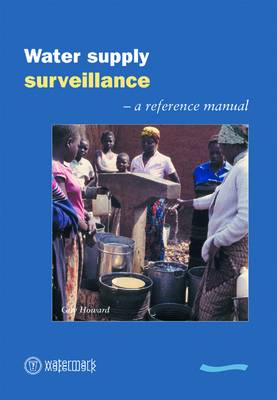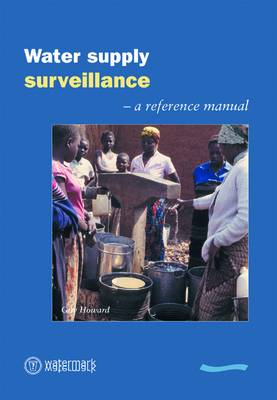
- Retrait gratuit dans votre magasin Club
- 7.000.000 titres dans notre catalogue
- Payer en toute sécurité
- Toujours un magasin près de chez vous
- Retrait gratuit dans votre magasin Club
- 7.000.000 titres dans notre catalogue
- Payer en toute sécurité
- Toujours un magasin près de chez vous
Description
The result of a DFID/WHO project presenting guidelines on the implementation of water supply surveillance based on field experience in Uganda, Ghana and bangladesh. The guidelines provide a methodology for including poverty and vulnerability into suveillance planning and show how priority groups can be targeted. The book also provides guidance on data collection and use of surveillance findings in improving water supplies and water handling practices as a way of reducing public health risks derived from poor water supply. It emphasises the need for partnerships with communities and identifies the way in which information can be shared and used by a range of organisations.
Spécifications
Parties prenantes
- Auteur(s) :
- Editeur:
Contenu
- Nombre de pages :
- 248
- Langue:
- Anglais
- Collection :
Caractéristiques
- EAN:
- 9781843800040
- Date de parution :
- 15-01-02
- Format:
- Livre broché
- Format numérique:
- Trade paperback (VS)
- Dimensions :
- 210 mm x 297 mm
- Poids :
- 607 g







